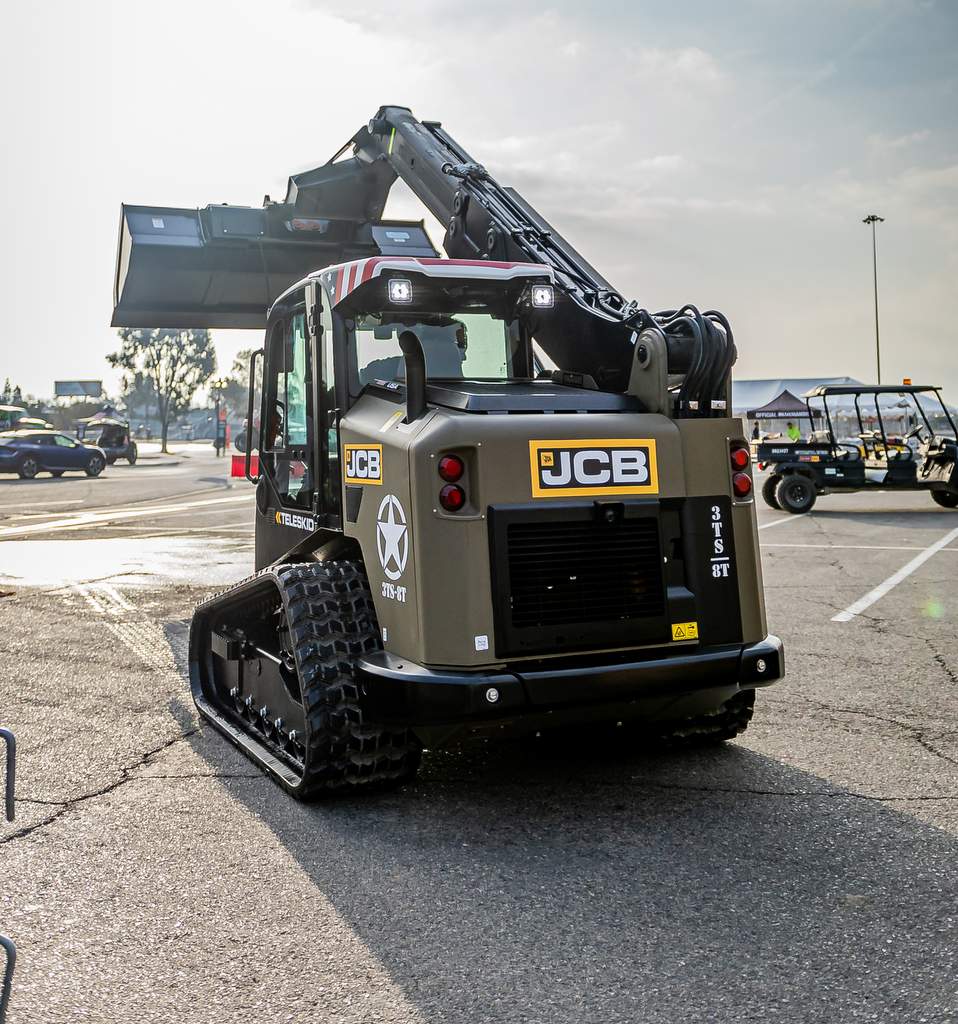Goodwill Hunting
When rural communities come together for a special cause, good things happen. This was the case with an event held in northern Iowa during the winter of 2011, when an entire community welcomed and embraced four Marines who received Purple Heart awards for wounds they suffered in Iraq and Afghanistan.
“Hunting with Heroes” was created within the rural Iowa community of Lakota as a way of honoring four Marines from the Wounded Warrior Battalion in Camp Lejeune, N.C. The original plan for the event was to provide a unique experience to the soldiers by taking them pheasant hunting in Iowa, but the pheasant hunt turned into something much larger: a welcome reception at the airport, two days of hunting and a full military appreciation banquet for 250 people to wrap up the event.

The event also included a personal welcome from the Governor of Iowa, Terry Branstad, Lieutenant Governor Kim Reynolds, 50 Patriot Guard motorcycle riders, a full police escort and recorded remarks from Iowa’s two senators, Charles Grassley and Tom Harkin. The event may have started as a way for the tiny community (population 235) to show its appreciation to a few good men, but before the weekend was over, lives had been changed, and the healing of bodies and minds got a big boost.
The first annual Hunting with Heroes trip was actually planned by two Caterpillar employees, Jason Becker (who is originally from Lakota) and John Janes (a former Marine). Becker’s father (Bernard) was the other organizer of the event.
“As the event started shaping up, it was clear that there was going to be a huge outpouring of support from the community and that something special was brewing,” said Becker, a national association manager with Caterpillar Inc. “As a result of the kindness of many, the four Marines were treated to an all expenses paid trip and hometown lodging and cooking. The Marines also received a lot of gifts — shotguns, clothing and gift cards.”
Though there were many sponsors of the event and banquet and many people who devoted time and energy, a piece of Cat compact equipment proved to be a key to success. The fertile area around this Midwestern town had enjoyed a very strong growing season, and farmers had just finished harvesting bumper crops of corn and soybeans. Because the hunting is always better when the crops are out of the fields, everything was set for an exciting couple days.

As the planning progressed, it was evident that the good growing season had also created tall and thick cover, which would be great for the pheasants trying to survive the often bitterly cold Iowa winter. The dense and tangled cover that would shelter the pheasants through the winter also promised to challenge even the most fit and able hunters on the trip. Plans had not been made to accommodate some of the lower limb injuries experienced by the Marines. With some of the thick grasses reaching more than 6 ft, it was determined that a unique solution was required. It was at that point that organizers turned to a 259B3 compact track loader with a BR172 brush cutter, which was donated by local dealer Ziegler Cat.
“When the organizers brought the opportunity to our attention, it was an easy decision to pitch in with equipment,” said Ziegler Cat chairman and CEO William Hoeft. “We support many charitable organizations, but there’s no doubt that assisting and supporting our active armed forces and veterans, especially those injured in combat, is very important to us. We were happy to be able to help out.”
Obtaining the compact track loader proved to be one of the most important decisions organizers made to ensure the success of the hunt. Cutting the paths took place over four days preceding the event and the 6-ft-wide paths stretched for nearly 20 miles in length. As opposed to the barren post-harvest ground often found in Iowa in November, these paths were cut through some of the toughest and tallest grasses you might ever find in the Midwest. The 259B3 and brush cutter created paths equaling more than 633,600 sq ft of trails. That’s close to 15 acres or nearly 11 NFL football fields with end zones.
Once cut, these paths served as a way for the Marines and the civilians to walk countless miles during the hunt. Although all four of the Marines had experienced foot and leg trauma from IEDs encountered through multiple deployments in Iraq and Afghanistan, they were all up to the task of two full days of rigorous hunting. It could be argued that the organizers and civilians needed the paths as much or more than the Marines.
“We are used to rough country,” commented Sgt. Jamie Lantgen. “We would have pushed through anything we came across, but the cut paths allowed us to cover more ground, more safely, so we could get more birds.”
The result of the hard work and planning was a successful hunt in both pheasant count and the impact on the community and Marines alike. The people in the community got the opportunity to honor some real heroes, while each of the Marines got to experience some good hunting and Midwestern hospitality.
“I can’t tell you how much it means to be welcomed to the state by the great people of Iowa and even by the Governor and Senators,” said Cpl. Abakar Zaid. “Being here for two days has given me more physical and mental healing than I have received in all of the two years prior to attending this event.”
Story provided by Caterpillar Building Construction Products.




